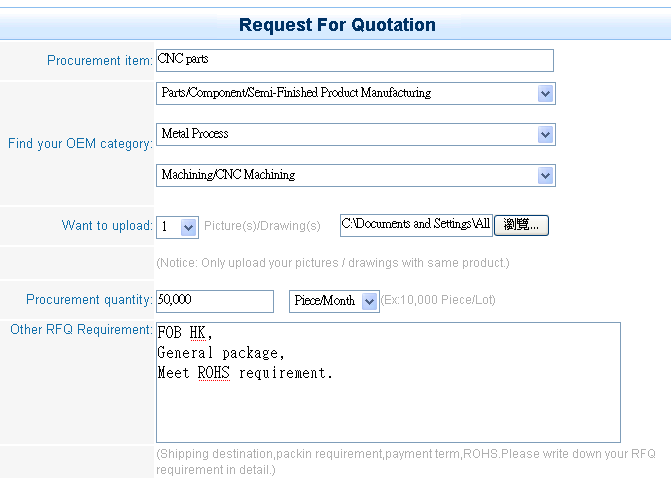Only Ask Qualified Suppliers to Bid
Harry Hough, PhD, founder of the American Purchasing Society
Editors note: Dr. Hough is a regular guest contributor to this blog.
You can reduce your work and limit problems if you are careful before sending request for bids to suppliers. A request to an unqualified supplier who then submits an unreasonably low bid leaves you vulnerable to criticism. You may need to spend time explaining why you didn’t award business to that supplier. An auditor will question your decision not to award business to the lowest bidder. You’d better have good documentation to prove your reasons were justified.
Another reason to take care when selecting suppliers is the wasted time spent with those that aren’t likely to be competitive in the first place. If you are sending out requests periodically, say annually for a similar item, why send them to those who submitted bids that were nowhere near the winning bid on the previous request. This is especially true when there are many suppliers of the product who are only too anxious to have an opportunity to bid.

RFQ
Some buyers select the most competitive previous bidders and then add new organizations that never bid before. For example, if they send out six requests, they may pick the three lowest bidders from the previous request and add three completely new suppliers to make up a new group of six. Doing this period after period helps assure very competitive bidding.
This is not to say that you should never go back to a completely uncompetitive bidder. Conditions change. Errors are made. A supplier may have different management that institutes different pricing strategy. New processes or new equipment may make a formerly uncompetitive bidder have the lowest cost. The point is that you should place some thought into selecting bidders as well as into the decision of who will get the order.